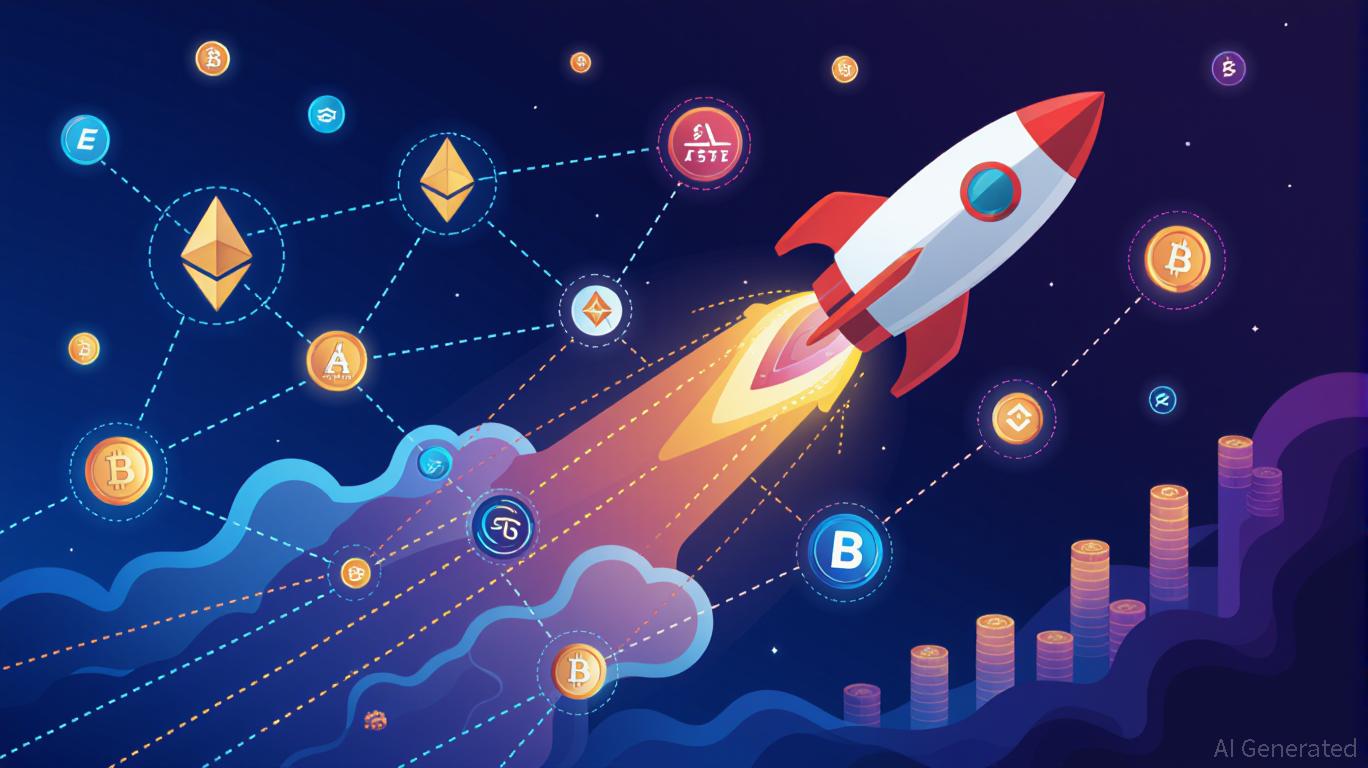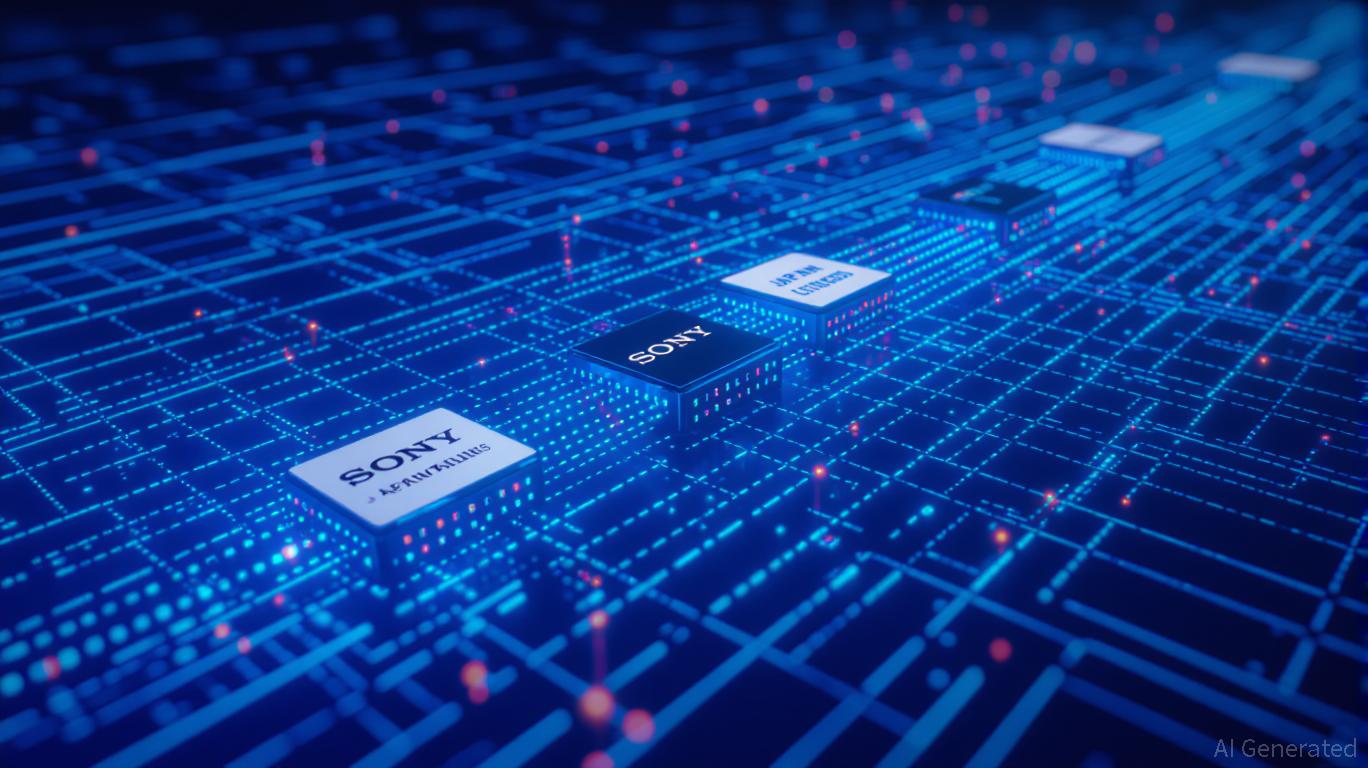Japan’s SBI Invests in US AI Fund to Fuel Web3 Finance Strategy
SBI Holdings has invested in a US AI fund to advance its Web3 and digital asset strategy. The move highlights the growing intersection between AI innovation and decentralized finance.
SBI Holdings, a major Japanese financial group, has made a strategic investment in a new fund launched by the US-based AI incubator AI2 Incubator Partners.
Industry observers see the move as part of SBI’s long-term plan to integrate artificial intelligence into its expanding Web3 and digital asset businesses.
Investment Overview and Partnership with AI2 Incubator
SBI Holdings announced on October 23 that it has invested in AI2 Incubator Fund III through its US subsidiary, SBI Holdings USA, Inc. The investment aims to expand the company’s access to emerging AI technologies and strengthen collaboration with early-stage startups.
AI2 Incubator is a spin-off from the Allen Institute for AI, co-founded by Microsoft’s Paul Allen. It focuses on commercializing advanced AI research. The fund focuses on startups developing technologies such as natural language processing, synthetic voice, and autonomous AI agents.
SBI is the only strategic investor from Japan, gaining joint investment rights in promising AI startups curated by the incubator.
AI and Blockchain Integration
Although the investment centers on AI, it may have longer-term implications for SBI’s Web3 initiatives. The company is already a key player in Japan’s blockchain sector. It operates the crypto exchange SBI VC Trade and engages in blockchain infrastructure development through SBI R3 Japan.
Analysts note that AI capabilities could be increasingly relevant to the next phase of decentralized finance (DeFi) and digital asset management. Financial institutions are exploring how to combine blockchain transparency with AI analytics. Projects like decentralized AI governance and DePIN are gaining attention.
By accessing advanced AI research and development ecosystems, SBI could be positioning itself to apply AI models in blockchain-based risk assessment, asset management, and transaction monitoring. Such integration may contribute to more efficient and resilient digital financial systems.
Strategic Positioning
The investment gives SBI access to AI2 Incubator’s US network of entrepreneurs and venture capital partners. This includes connections through its Seattle-based “AI House” facility. Moreover, this connection offers early insight into emerging technology trends and potential collaborations.
“We support companies developing future core technologies. This aligns with our goal of advancing innovation in finance and digital assets,” SBI Holdings CEO Yoshitaka Kitao said.
Industry analysts see this investment as part of a global trend. Financial institutions are using AI and blockchain to boost competitiveness and improve infrastructure reliability.
Disclaimer: The content of this article solely reflects the author's opinion and does not represent the platform in any capacity. This article is not intended to serve as a reference for making investment decisions.
You may also like
Bitcoin News Update: DeFi Faces Liquidity Challenges Amid Bitcoin Falling Under $100K
- Bitcoin's drop below $100K triggered DeFi liquidity crises, with $650M in leveraged positions liquidated as automated stop-losses activated. - Wrapped Bitcoin (WBTC) integrated with Hedera blockchain to reduce MEV and frontrunning, aiming to inject liquidity into DeFi protocols. - Hyperion DeFi reported 60% MoM validator growth and new partnerships, emphasizing staking yields over leveraged positions to avoid market volatility. - Analysts like Tom Lee predict 6-8 weeks for recovery, contingent on stabili

Assessing How Recent Ecosystem Enhancements Influence Trust Wallet Token (TWT) Price Forecasts
- Trust Wallet's Q4 2025 upgrades expanded TWT's utility through FlexGas (gas fee payments) and Trust Premium loyalty incentives, transforming it from governance to transactional token. - TWT surged 129% to $1.6 by October 2025, fueled by Binance CZ's endorsement and institutional validation of its ecosystem-driven value proposition. - The token's growth aligns with multi-token economy trends, emphasizing cross-utility, stability, and transparency through fixed supply models and public audits. - While regu

Astar (ASTR) Price Rally: Cross-Chain Compatibility Fuels Altcoin Value Growth
- Astar (ASTR) surged in late 2025 due to strategic blockchain interoperability advancements and partnerships. - Collaboration with HTX includes TGE Catalyst Grants, listing acceleration, and CEX partnerships to boost DeFi adoption. - Astar 2.0's zkEVM and CCIP integration achieved 150,000 TPS, targeting 300,000 TPS by 2025 with enterprise partnerships. - Interoperability-driven projects like Astar are reshaping altcoin valuations, aligning with growing institutional DeFi demand.

Astar 2.0 Debut and Its Impact on the Blockchain Landscape
- Astar 2.0 emerges as a strong contender in institutional blockchain adoption through Polkadot-based scalability and interoperability innovations. - Institutional confidence grows with $3.16M ASTR purchase, 20% QoQ wallet growth, and partnerships with Sony , Casio, and Japan Airlines. - Astar's 6-second block time, 150k TPS throughput, and Chainlink CCIP integration contrast with Bitcoin/Ethereum's scalability struggles and ETF outflows. - Projected $0.80–$1.20 ASTR price by 2030 hinges on Evolution Phase

